First things first: We’re not saying you should never have a glass of wine again. We enjoy a glass of wine with friends too now and then.
But if you’re reading this thinking: “There’s no way I could live without wine for a month,” ask yourself why that glass is so important to you and what you might learn and feel like if you give it up for just 30 days.
As part of the January Challenge, we’re recommending that you give a dry January a try.
Most Experts Agree: Alcohol Isn’t Terrible
Like so many things in the health and nutrition world, studies concerning alcohol offer mixed advice. In recent years, there’s been general agreement (as detailed in the New York Times) that moderate drinking – for women one glass of wine, beer or a cocktail a day – isn’t detrimental to your health. But people who drink sparingly tend to be people who do all the other things right—eat well, exercise regularly, manage stress – so it’s hard to determine cause and effect.
But if you’re hoping to start off 2016 in as full of health as possible, you should realize that alcohol’s effects aren’t all directly related to your physical body. Alcohol clearly impacts mood and behavior and can lead to, let’s be honest, some poor choices. Alcohol is a sugar, and drinking it causes a huge blood sugar spike—pretty much the definition of empty calories. When Sadie has a glass of wine with dinner, she’s aware that her sweet tooth is more likely to kick in. “Have you ever noticed how hard it is to avoid snacking on processed foods after a glass of wine or a pint of beer?” she adds.
Knowing that for one month, you chose sparkling water brightened with a splash of cherry juice over Pinot means you start off the year with a clear head and the belief that you CAN accomplish goals and take charge of your health and wellbeing.
Strategies For a Successful Alcohol-Free Month
We suggest that over your alcohol-free month, you take note of how you feel. Every morning, write down how well you slept, and at night take stock of how your energy level fluctuated throughout the day. You may be surprised at the physical and mental changes you experience when you go without your daily drink.
Whenever you’re trying to accomplish something new, put yourself in position to succeed. Stock your kitchen with your favorite sparkling waters, organic, unsweetened juices and herbal teas. Make sure you have the ingredients easily available so they’re what you reach for first.
Sparkling water with a citrus squeeze, mint leaves, rosemary spring or shot of natural fruit juice can curb a craving for wine while an earthy Kombucha can help satisfy you if you’re missing your favorite I.P.A.
When you go out, you’ll find that many bars around the country are hopping on the mocktail bandwagon, using farm fresh ingredients, drinking vinegars, tinctures and minute drops of housemade bitters in non-alcoholic beverages. These elements cut sickly-sweetness that defined the mocktails for decades – Shirley Temple anyone?
Recipes To Try At Home
But if you’re looking for mocktails to try at home, consider one of these options. (And hide your bottle of bubbly in the back of the fridge with a big sticker on it that says “Do not open until Feb. 1!”)
A Beautiful Mess offers some great tips on making mocktails – from “Let it sparkle” to “Go flavor crazy.”
Here’s an adaption of their recipe for Ginger Beer Lemonade:
In a tall glass, thoroughly mix the juice of one lemon with 1/2 tablespoon raw honey.
Add ice.
Top off with unsweetened ginger beer, garnish with lemon slices.
We also love these two mocktails from Dishing Up the Dirt (just swap the alcohol for sparkling water)
Pear & Ginger – Sage Champagne Cocktails
Are you planning to go dry this January? Use the hashtag #dryjanuary and tag @sadielincoln and @barre3 so we can support you on Instagram.


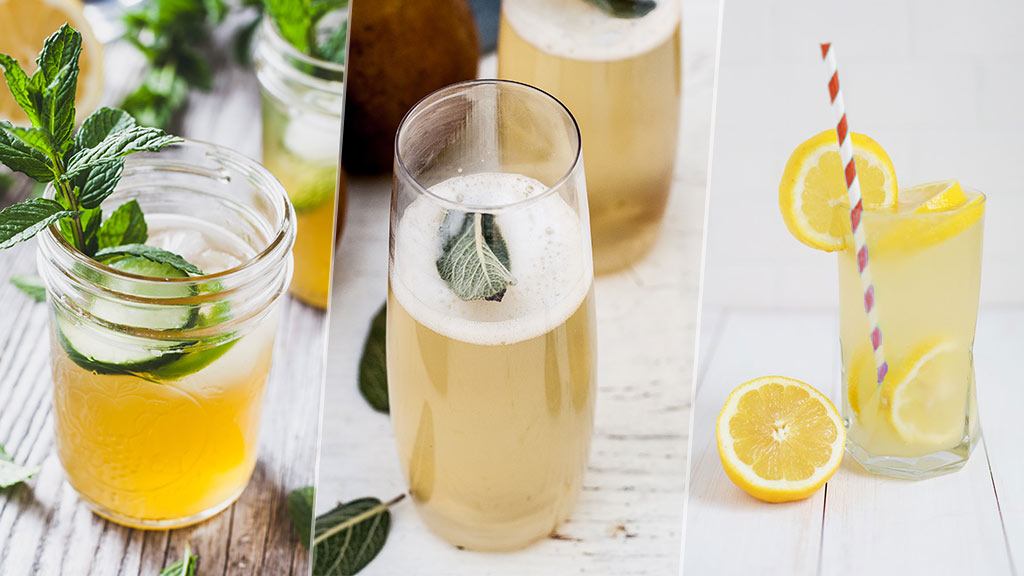
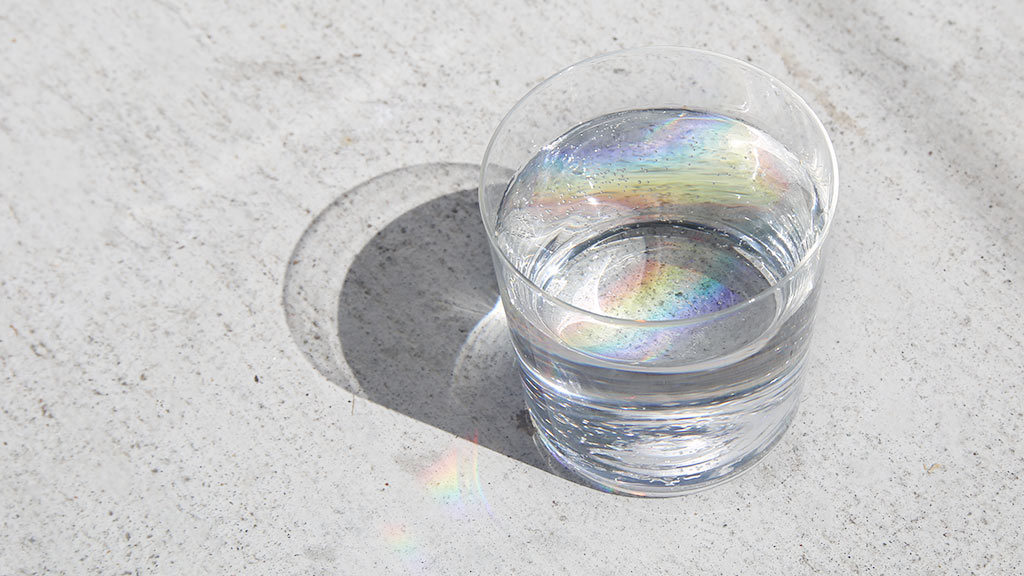
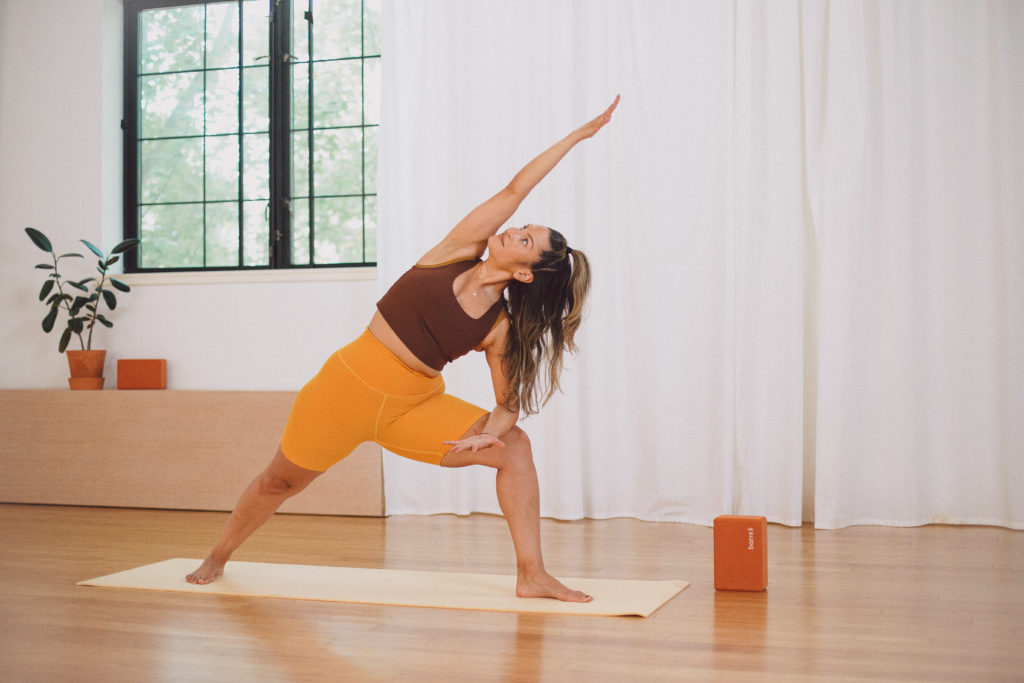
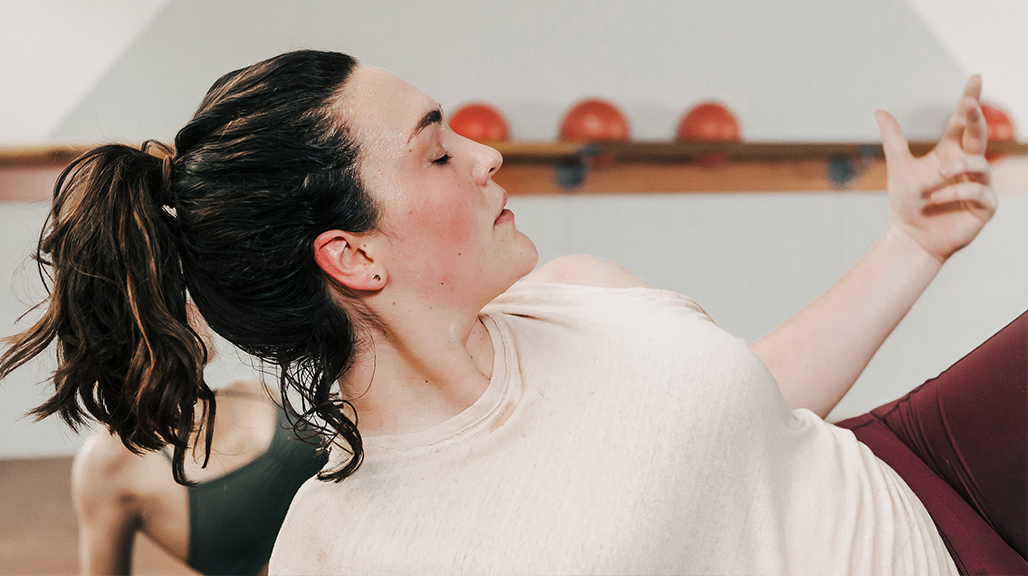
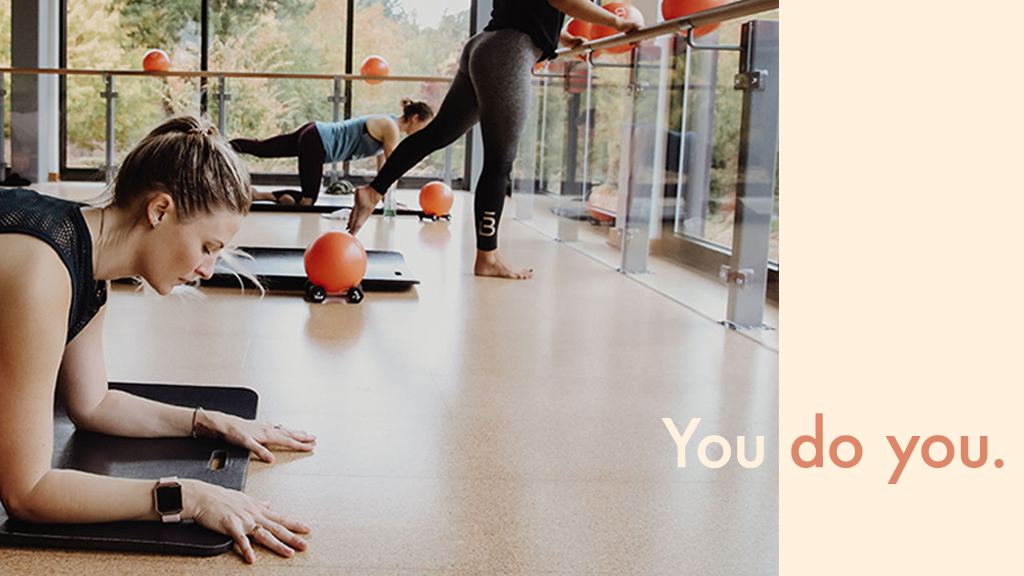



One person has left a comment. Join the conversation!
View Comments